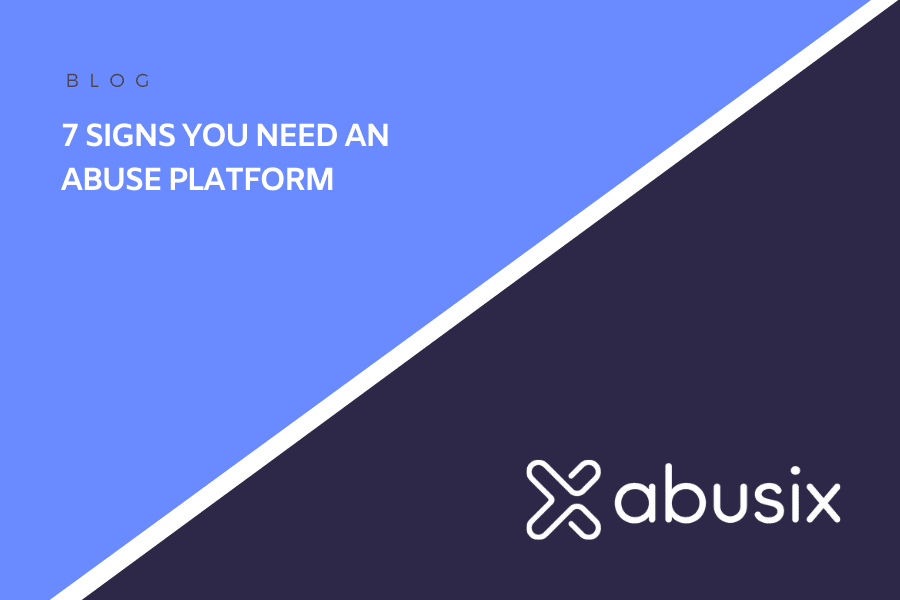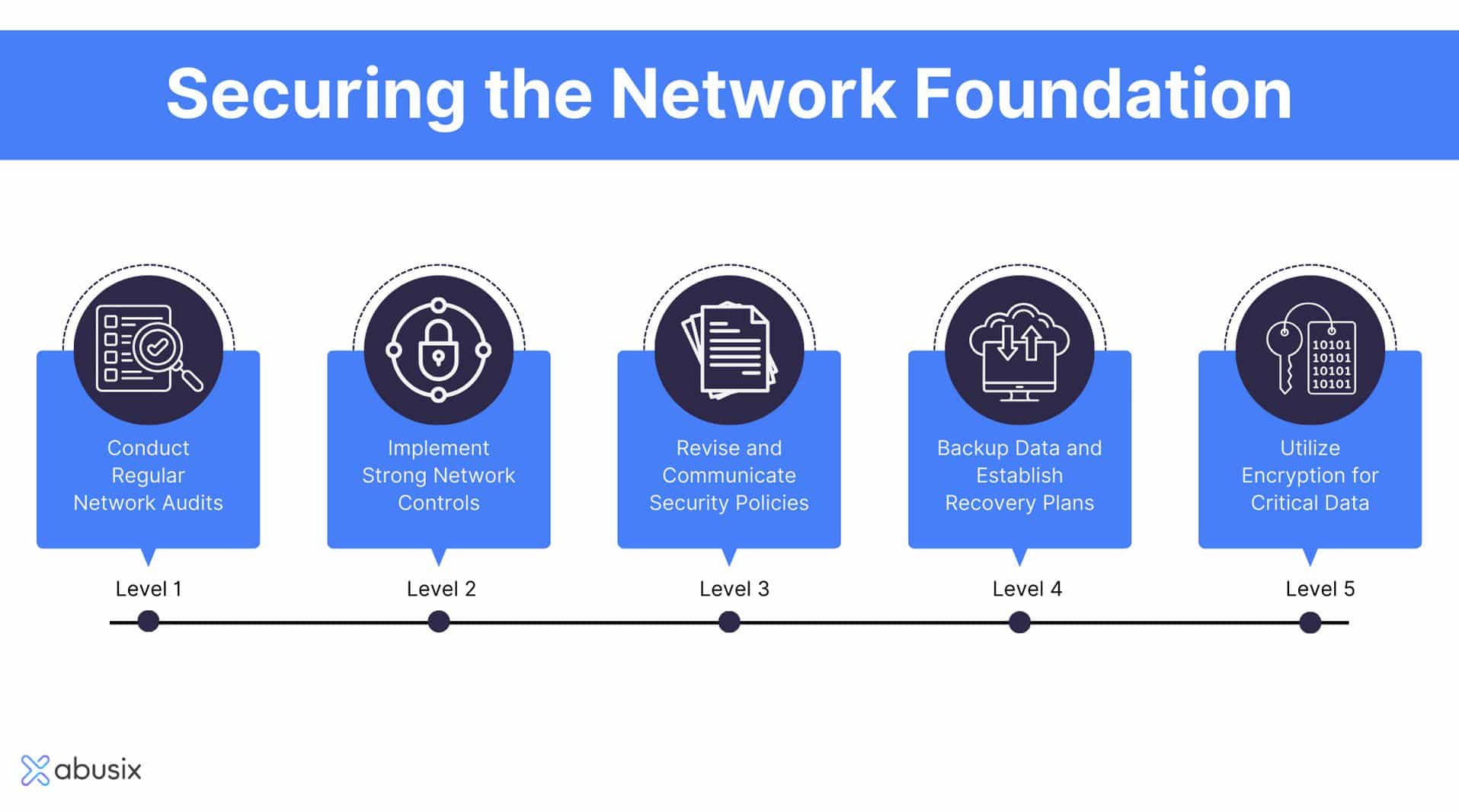The problem of spam is more than just a minor annoyance. It has become a serious risk for businesses. This is especially important for postmasters, teams managing email delivery, and security experts. More than 45% of all emails worldwide are spam (Daily number of spam emails sent worldwide as of January 2023, Statista). Between 2019 and 2021, the number of email users globally increased from 3.9 billion to 4.1 billion. Moreover — this number is expected to increase up to 4.6 billion in 2025.

High-Quality Spam Blocking Technology: A Competitive Edge
🥳 Internet Service Providers (ISPs) and Customer Satisfaction & Retention
ISPs employing comprehensive blocklists offer a more secure experience, leading to higher customer retention. In a digital landscape rife with security threats, customers increasingly prioritize ISPs that can effectively shield them from spam and associated cyber risks. ISPs with effective spam filters can reduce spam traffic by 90%+. This significant reduction not only enhances user experience but also builds customer trust, directly impacting customer retention rates.
Spam emails also consume network bandwidth and storage resources. By filtering out spam at the server level, ISPs can reduce the load on their infrastructure, leading to improved email performance and faster loading times. This can be particularly important for ISPs serving customers with limited bandwidth or storage space.
📈 Hosting Companies and Enhanced Customer Acquisition
For hosting companies, emphasizing high-quality blocklists is a key selling point in customer acquisition. Hosting services often integrate other security measures like SSL certificates, firewalls, DDoS protection, and regular malware scans, which further strengthen the overall security posture. By highlighting their robust spam blocking measures, companies can assure potential clients of an additional layer of defense against cyber threats. The combined assurance of these features addresses the growing security concerns of businesses, making them more likely to choose a hosting provider that can demonstrate a proactive stance against spam and other cyber threats. This is especially pertinent in an era where 43% of cyber attacks target small to medium businesses (2019 Data Breach Investigations Report, Verizon). Clients are increasingly aware of these risks and prefer hosting services that offer comprehensive security solutions.
🎯 Cloud Security Platforms: Increased Investment in Spam Blocking
Trust-building between cloud platforms and customers is a gradual process due to the complexity of security solutions, the need for proving their effectiveness over time, and the ever-evolving nature of cyber threats. As we all know — trust-building takes time. Cloud security platforms like Microsoft Azure, Google Cloud Platform, and Amazon Web Services have been ramping up investments in security to safeguard their customers from phishing, malware distribution, scams, DDos, business email compromises (How Security Budgets Break Down, Ians). This investment is driven by the need to enhance customer satisfaction and build trust early in the vendor-customer relationship. The increasing investment in security by cloud platforms, with spam blocking as a key component, is a strategic response to the evolving cybersecurity landscape, aimed at protecting infrastructure, data, and ultimately maintaining customer trust and regulatory compliance.
Quantifying Time Savings, Cost Reduction, and Enhanced Productivity
In the context of time savings, cost reduction, and productivity enhancement, the impact of spam blocking is substantial across different business sizes. For small businesses, efficient spam blocking can translate into significant time and cost savings, given their limited resources. Mid-market companies, facing rapid growth and expanding digital exposure, find that effective spam blocking is key to avoiding costly security breaches. For large enterprises, the scale of operations amplifies the importance of spam blocking, not only in terms of productivity but also in safeguarding against extensive financial and reputational damage. Across these segments, the implementation of robust spam blocking strategies is a prudent investment, yielding tangible benefits in security, efficiency, and overall business health.
——
Please reach out to [email protected] if you’d like to chat about your experience with Spam Blocking — the good, the bad, the ugly. We’re here to fight the same fight 💪🏻



